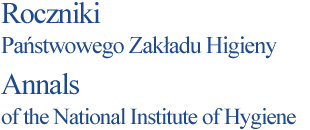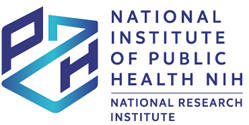ABSTRACT
Background. During the COVID-19 pandemic, concerns were raised about the lack of knowledge and awareness of health workers (HW) in hampering the implementation of COVID-19 preventive strategies in hospitals.
Objective. This cross-sectional study aims to explore the knowledge, attitudes, and practices (KAP) of the health workers related to COVID-19 in Moroccan hospitals and health facilities.
Materials and methods. We administered an adapted questionnaire to 242 HW working in Azemmour and El Jadida hospital (two sites) and in 41 health centers in El Jadida province. We carried out a bivariate analysis and used contingency tables and logistic regression models to identify factors associated with different KAP levels.
Results. We found that 90.1%, 8.3% and 60.3% of HW had respectively high levels of knowledge, risk perception attitudes and preventive practices towards COVID-19. High level of knowledge was associated with gender (OR: 0.267; 95% CI: 0.113-0.634; p=0.002), and professional profile (p<0.001). Levels of attitudes were associated with gender (OR: 17.143; 95% CI: 5.450-53.932; p<0.001) whereas levels of preventive practices were associated with position of the HW in COVID-19 (frontline or not frontline) (OR: 0.404; 95% CI: 0.236-0.691; p=0.001) and the overworked status of the HW (OR: 0.421; 95% CI: 0.242-0.730; p=0.002).
Conclusion. Professionals' knowledge and practice levels were higher than their COVID-19 risk perception attitudes.
Therefore, efforts should be made to improve the attitudes of health professionals.
You can change cookies settings in your browser. Restricted use of cookies in the browser configuration may affect some functionalities of the website.



